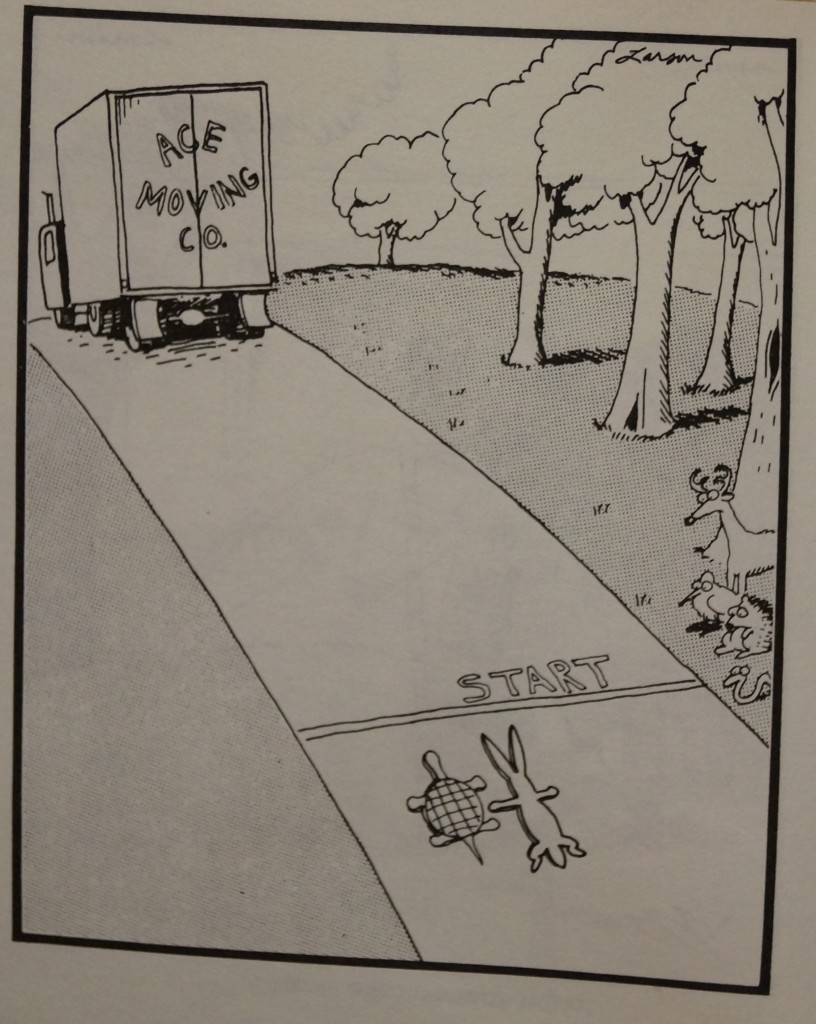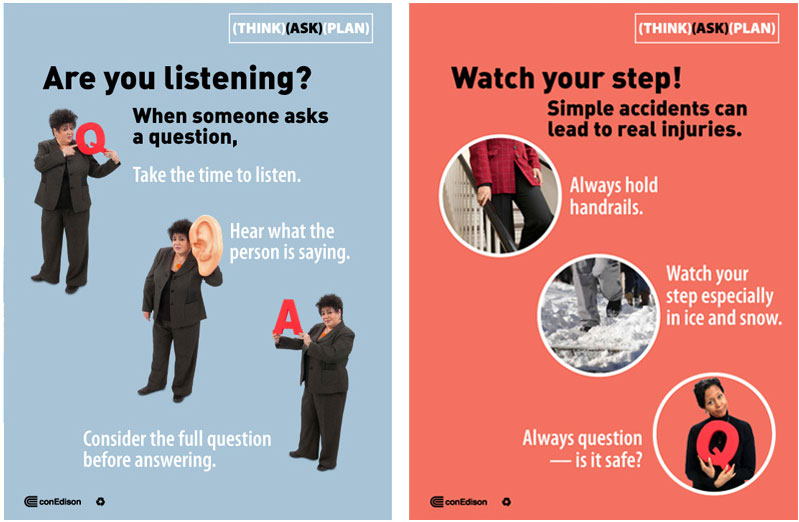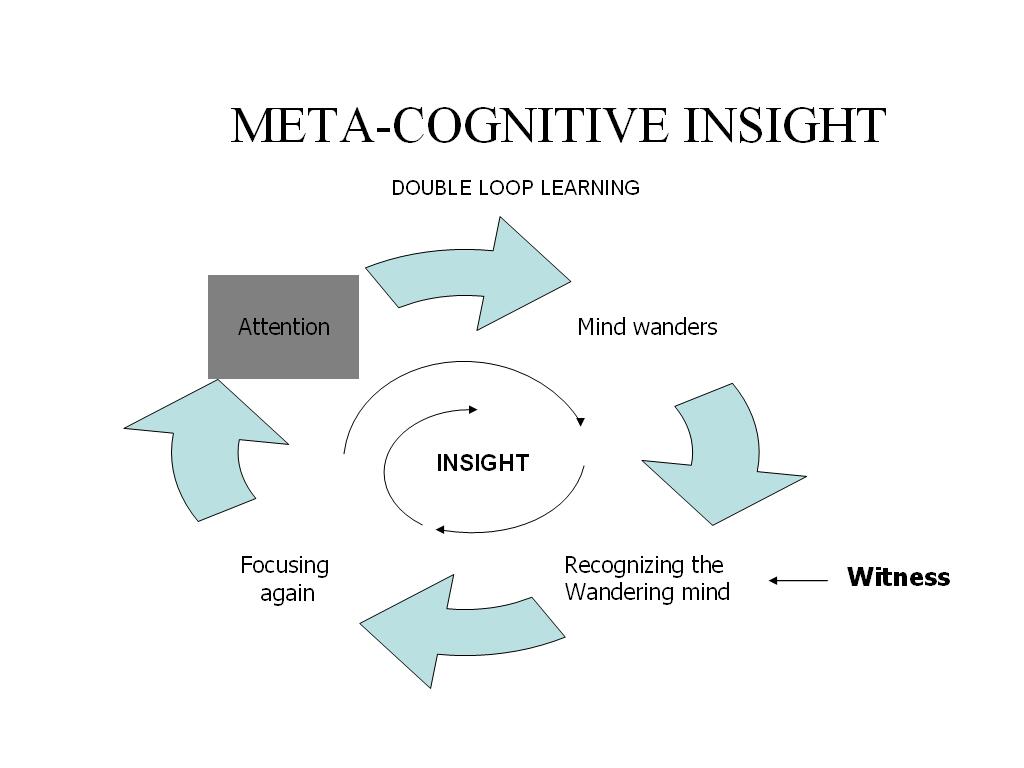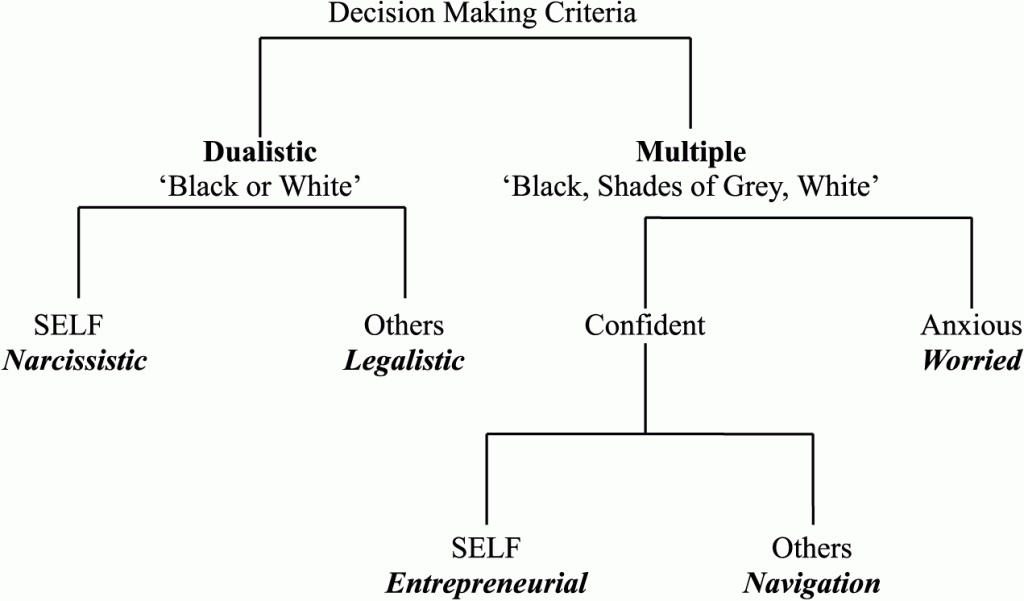bonus:
The following is from a ConEdison safety publication:
I have use of the information that that which I see, the images, or that which I feel as pain, the prick of a pin, or the ache of a tired muscle.., that all this is neither objective truth nor is it hallucination. There is a combining or marriage between an objectivity that is passive to the outside world and a creative subjectivity, neither pure solipsism nor its opposite. Consider for a moment the phrase, the opposite of solipsism. In solipsism, you are ultimately isolated and alone, isolated by the premise “I make it all up”. But at the other extreme, the opposite of solipsism, you would cease to exist, becom- ing nothing but a metaphoric feather blown by the winds of external “reality”… Somewhere between these two is a region where you are partly blown by the winds of reality and partly an artist creating a composite out of the inner and outer events. (Gregory Bateson, afterword, About Bateson)
Classic paper (really a cornerstone paper of Dr. Weick)
Karl Weick: The Collapse of Sensemaking in Organizations The Mann Gulch Disaster



 This is an inscrutable picture. I like it.
This is an inscrutable picture. I like it. 